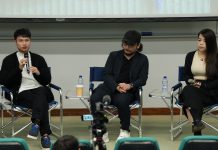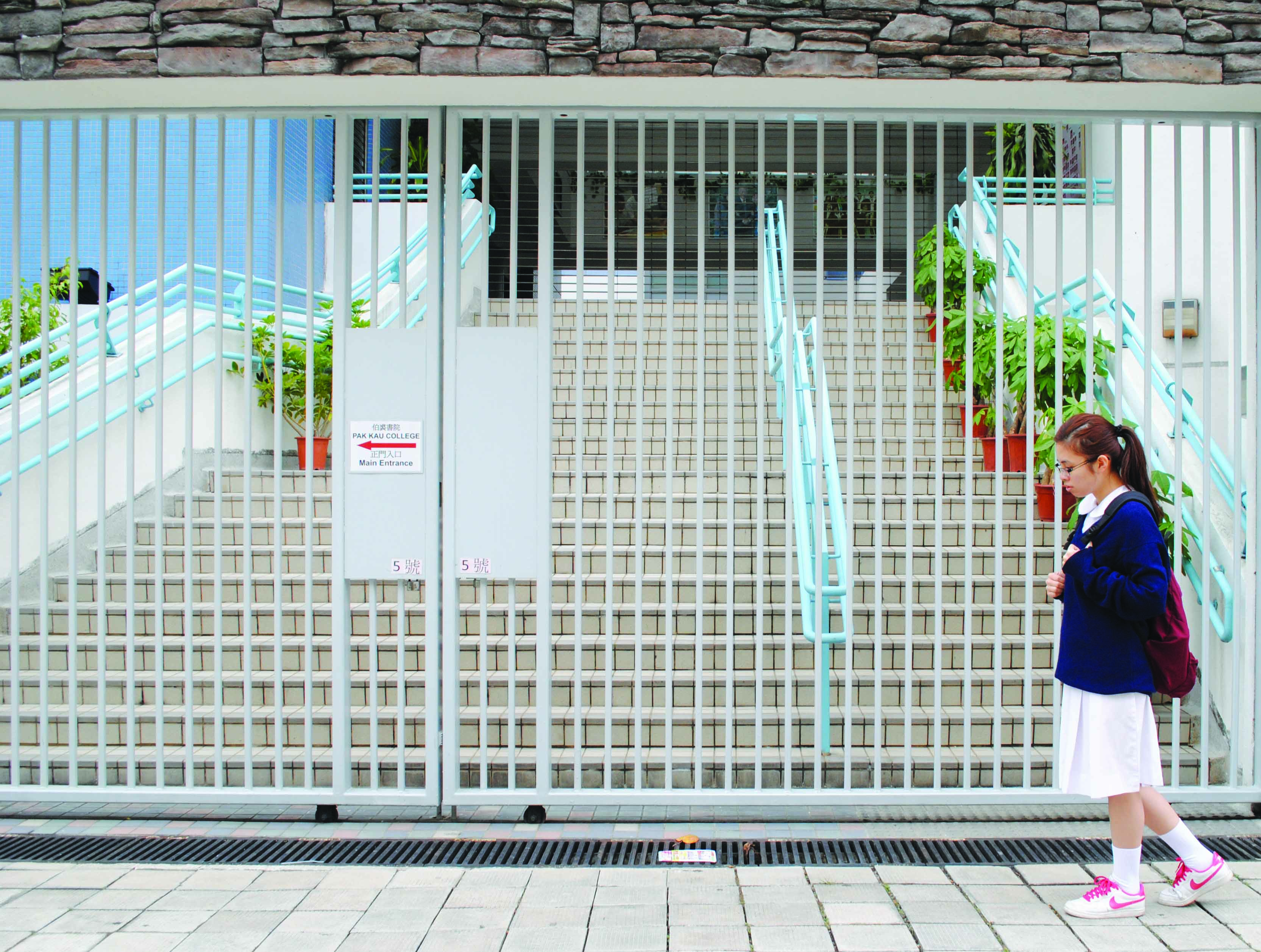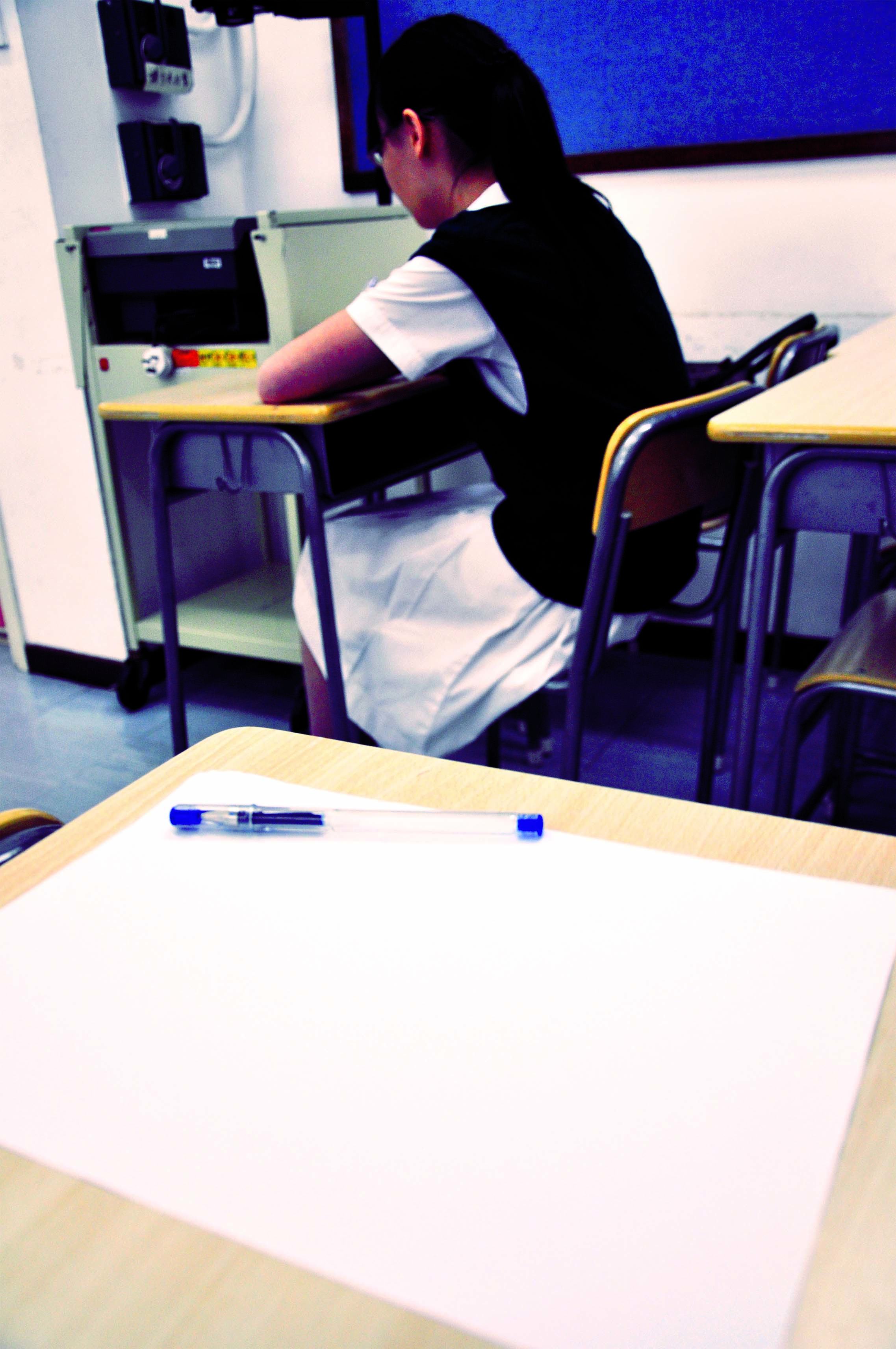Teachers in DSS schools under pressure from pushy parents
Reporters: Amy Leung Man Lok and Billy Leung Tsz Hong
Direct Subsidy Scheme (DSS) schools may offer smaller class sizes, superior facilities and valuable social networks for those students who manage to get in. But for some schoolteachers, working for a DSS entails pressure from pushy parents and a lack of job security.
Economics teacher Chan Tak got his first taste of parent power just three months after joining a DSS from an aided school in 2008.
Chan says a parent who claimed to be a university professor complained to him and his subject panel head about test papers Chan had set. “He used a red pen to circle questions he thought were incorrect and that he thought students might not understand,” says Chan. “For example, the word ‘undergraduate’ should be replaced with ‘university student’.”
After the complaint, all test papers set by Chan had to be reviewed by the panel head. “They like to complain about teachers, whether it is rational or not,” he says.
Such incidents are not confined to DSS schools. Chan, who spent a year teaching in an aided school before joining the DSS school, says whether a parent complains or not depends on their personality. Chan says there were many complaints from parents in the government aided sector as well.
“I used to teach in a non-DSS school in Tung Chung. One student forged a letter from his parents’ in order to skip sports’ day. When the teachers found out and complained to the parents, they rebuked us using foul language,” he recalls.
However, the threat of complaints, and even dismissal, is not equal among teachers. Chan says new teachers are often attacked by parents because parents assume they do not have adequate qualifications or experience. They also lack established personal networks, which may mean fewer colleagues are willing to support them in the face of negative comments.
There may be an added dimension at DSS schools because schools are afraid to offend fee-paying parents.
During the two years he taught at his first DSS school, Chan received six complaints from parents. The school principal, who once hinted he should resign for allegedly violating the school language policy by teaching in Chinese, finally fired him due to pressure from parents. Chan now teaches at another DSS secondary school in Kowloon.
Chan refuses to buckle under criticism, “I won’t betray my beliefs just to please parents and principals,” he says firmly. “Some principals want their teachers to provide good services (to parents). A good teacher in their eyes should be similar to an obedient student who listens to their orders.”
Although Chan Tak says teachers have to put up with parental criticism in both DSS and aided schools, parents of children at DSS schools tend to have advantages that can make them more demanding, for better or worse.










































